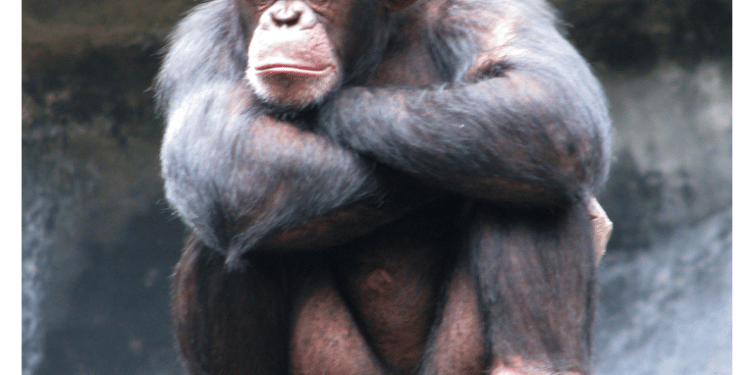The Convention on International Trade in Endangered Species of Wild Fauna and Flora (CITES) 17th Conference of the Parties (CoP17) began this past week in Johannesburg, South Africa. Yury Fedotov, executive director of the UN Office on Drug and Crime, and John Scanlon, secretary-general of CITES, have both recognized the growing issue of wildlife trafficking. Fedotov and Scanlon have partnered to encourage a discussion on the necessity to increase anti-corruption efforts for wildlife trafficking at CITES CoP17.
The need to increase anti-corruption efforts for wildlife trafficking is fully demonstrated in a recently distributed report by Karl Amman, an independent conservationist and researcher who discusses a case study on corruption in the illegal trade of primates between Guinea and China. The report concludes that between 2007-2011 at least 104 endangered chimpanzees and 10 endangered gorillas were illegally exported from Guinea and imported to China through the use of fraudulent CITES permits. When the case was brought to court by an NGO, the Parties’ governments did not join, and the falsified permits were never presented – further demonstrating the deep-seeded corruption surrounding wildlife trafficking. Article VII of CITES declares that Parties shall take measures to enforce the provisions of the Convention. The Secretariat of CITES has the power to require Party members to reprimand actions in violation of the Convention. Neither of these enforcement actions have occurred. The only enforcement actions, thus far, have been the arrest of the former wildlife director and head of CITES Management Authority of Guinea and the suggestion to suspend any commercial trade in CITES-listed species from Guinea.
Considering this case was one of the largest situations of its kind with no attempt for Article VIII enforcement, the necessity for CITES CoP17 members to have a discussion regarding an increase in anti-corruption efforts for wildlife trafficking is further solidified. The European Union and Senegal put forth a resolution, Prohibiting, Preventing and Countering Corruption Facilitating Activities Conducted in Violation of the Convention, which acknowledges the importance of whistleblower schemes as an effective deterrence initiative. The Secretariat has recommended adoption of this resolution in order to further strengthen measures to combat corruption within the sector of wildlife trafficking. With this resolution, the Parties should continue to discuss and develop the tactic of countering corruption with strong whistleblower protection instruments. Whistleblowers are a key mechanism in creating a transparent and legitimized CITES system.
The NWC is a Grand Prize Winner in the Wildlife Crime Tech Challenge, an initiative of USAID in partnership with the National Geographic Society, the Smithsonian Institution, and TRAFFIC. NWC’s Grand Prize-Winning solution, the Secure Internet Wildlife Crime Reporting System, is a secure online platform, a one-stop shop through which whistleblowers can safely and anonymously file reports of wildlife crimes and gain useful information about how wildlife whistleblower laws work.
Learn about the National Whistleblower Center’s work to combat wildlife trafficking:
- Monetary Rewards for Wildlife Whistleblowers–A Breakthrough for Environmental Protection
- NWC Project Wins People’s Choice Award
- Congratulations to the Grand Prize Winners!
- Report Wildlife Crimes
- How to partner (for NGOs).
- How to partner (for attorneys).
- If you are a whistleblower seeking legal aid and would like to speak to NWC click here.
- Read more about the National Whistleblower Center’s international work, here.
** Hat Tip to NWC Legal Intern Kathleen Left for her help researching and writing this blog!


